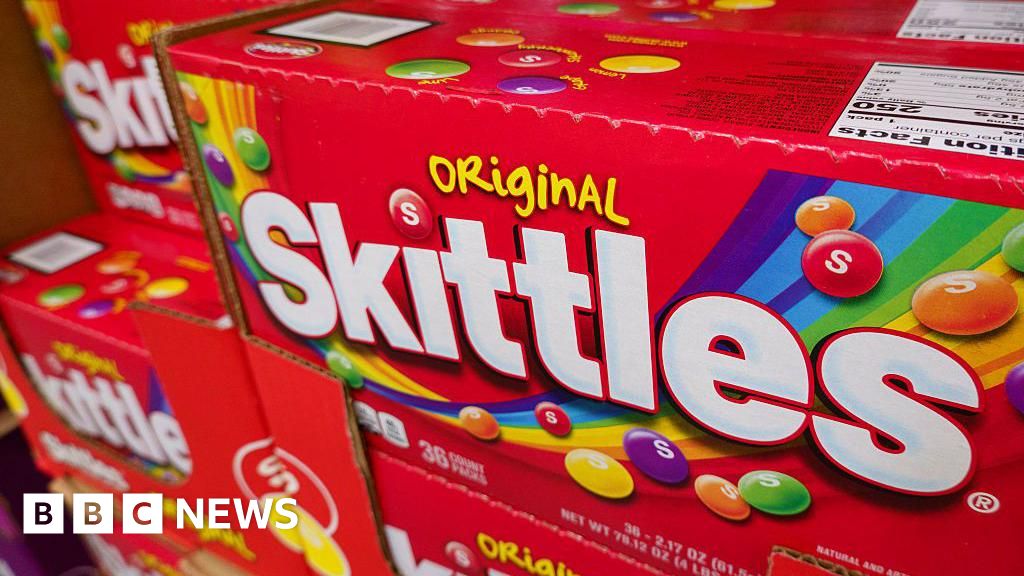Apple Inc. risks having to pay a €13 billion ($14 billion) tax bill to Ireland after an advisor to the European Union’s top court said the iPhone maker’s victory in an earlier challenge should be thrown out.
Advocate General Giovanni Pitruzzella of the EU Court of Justice said in an advisory opinion that Apple’s win in a lower EU court should be re-examined because it was riddled with legal mistakes. The top EU tribunal is set to issue its binding ruling in the landmark state-aid dispute in the coming months and follows such advice in the majority of cases.
“In the light of the errors of law committed by the General Court, which vitiate its assessments” the challenge should be “set aside in its entirety,” Pitruzzella said. Apple stock fell 0.4% to $182.13 in pre-market trading.
SeongJoon Cho/Bloomberg
EU antitrust chief Margrethe Vestager — who’s on temporary leave to pursue a bid for the presidency of the European Investment Bank — sparked outrage from the iPhone maker’s Cupertino, California headquarters to the White House when in 2016 she chose to home in on the company’s tax arrangements in Ireland. It’s by far the biggest case in Vestager’s decade-long campaign for tax fairness which has also targeted the likes of Amazon.com Inc. and carmaker Stellantis NV’s Fiat. She argued that selective tax benefits to big firms are illegal state aid, banned in the EU.
Apple and Ireland won an initial bid to topple the EU’s decision in 2020 after judges found the European Commission had made several errors. The defeat was a crushing blow for Vestager, who’s suffered several more losses in other tax cases after judges faulted her team’s findings that Ireland and Luxembourg had given the firms an unfair tax advantage.
Apple on Thursday hit back at Pitruzzella’s findings, saying that the lower court “was very clear that Apple received no selective advantage and no state aid, and we believe that should be upheld.”
Ireland’s Finance Minister Michael McGrath said that while the state’s legal teams will analyze the findings, the government’s position remains “that the correct amount of Irish tax was paid and that Ireland provided no state aid to Apple.”
Despite setbacks in some other EU court cases for the commission, judges have at least upheld its novel route to using state-aid rules to question companies’ arrangements with member states. The EU move also helped fuel a bloc-wide push to close tax loopholes that allowed some multinational companies to legally pay less tax in Europe.
The commission in Brussels declined to comment.
The case is: C-465/20 P, Commission v. Ireland and Others.
Credit: Source link










